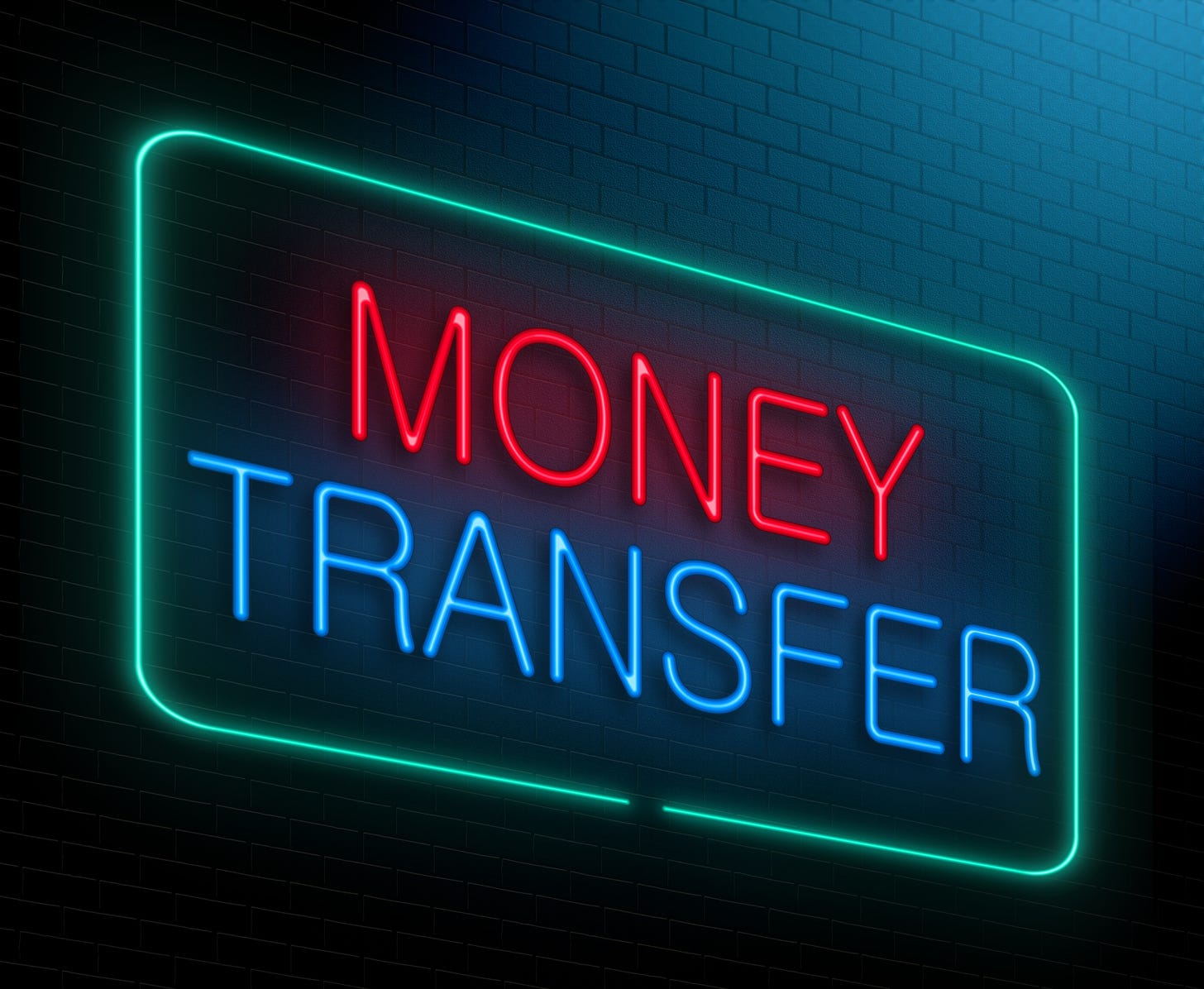The Meaning We Give to Money
Money holds power, but we need clarity on how we understand money and be more mindful of how we communicate about it. Only then can we fully appreciate its value.
“Money helps the world go round,” sang an animated Liza Minnelli in the 1972 film Cabaret. But little was said about what meaning it holds to us personally and socially. Other than that money can be identified for its ‘clinky, clanky sound’ which doesn’t resonate so much with modern audiences who prefer the technical beep of the card machine or the silent whisper of crypto, our relationship and understanding of money in 2023 feels less defined, more vague and increasingly unpredictable. And no wonder.
Cast your eyes over recent economic and money news – from the announcement that global debt has now accrued to $307 trillion, to the findings from EY that 52% of Gen Z in the US are worried about not having enough money – most of it is in the negative (literally). But we ought to communicate more expansively about money so that we can understand it better and have a healthier connection to its power. What meaning should and could money hold? Only then can we influence the value system underpinning how we engage with money and its knock-on effects in the 2020s and beyond.
Keep reading with a 7-day free trial
Subscribe to The Breakout Room by Joanna George to keep reading this post and get 7 days of free access to the full post archives.





